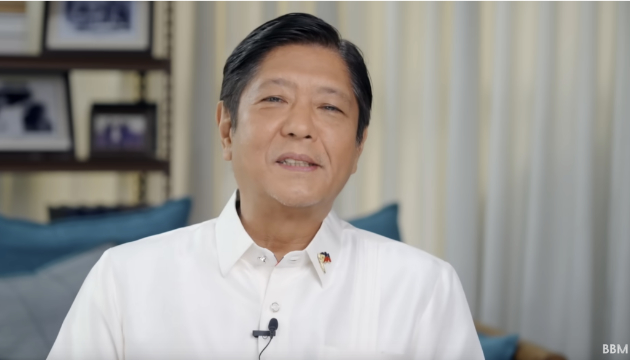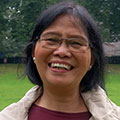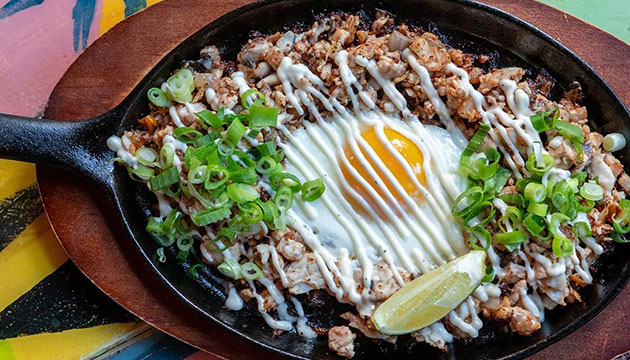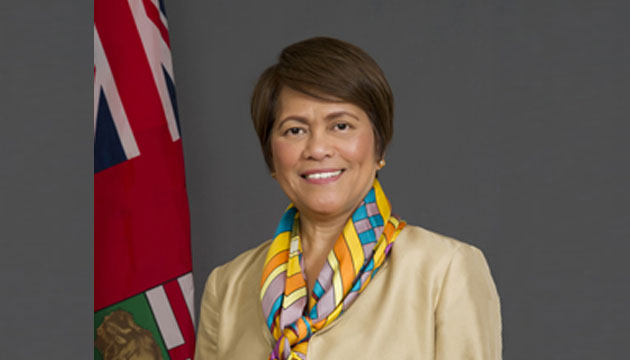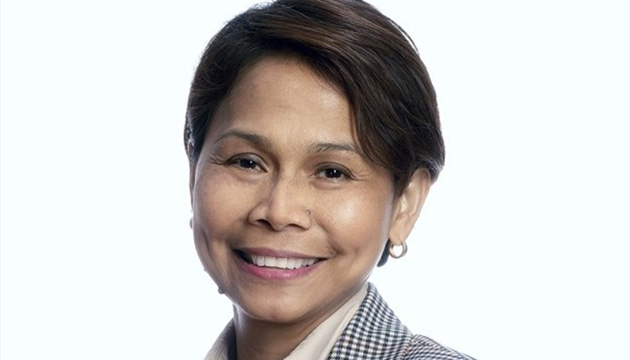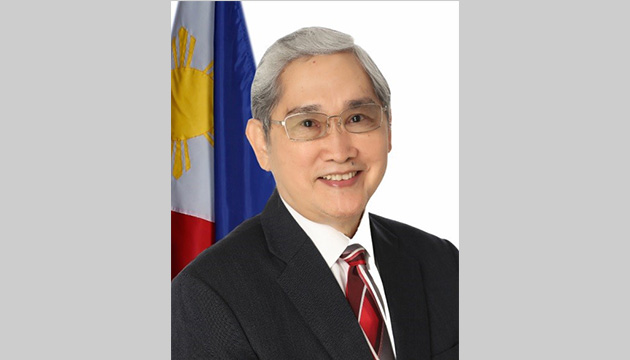Ferdinand “Bongbong” Marcos Jr was interviewed by Times Journal’s Lizzie Lazo and DZRH’s Resty de Quiroz at the house of businessman Eduardo Cojuangco Jr in New Manila, upon his arrival in the Philippines after five years in exile, on Oct. 31, 1991.
Imelda Marcos arrived three days later. Together they would test the political waters by running for office in 1992.
In his insightful piece in Time Magazine on the election as president of Ferdinand “Bongbong” Marcos Jr., the son and namesake of the ousted dictator, scholar Jonathan Ong said: “To fight back, progressive leaders should advance their own counter-narrative and persuasive vision. But first, they must acknowledge their failure to listen.”
I recall my interview with Sen. Kiko Pangilinan, who lost to Davao City Mayor Sara Duterte-Carpio in the vice-presidential contest in the recently concluded election, a few weeks before the 2019 midterm election.
I asked Pangilinan, who was then the campaign manager of the Liberal Party-led coalition, what lessons have they learned in the 2016 elections when their candidate, investment banker Mar Roxas, was resoundingly trounced by the foul-mouth Davao City mayor Rodrigo Duterte despite their being considered then as the incumbent administration’s ticket.
Pangilinan replied: “We didn’t listen to what the people wanted. We told them what we wanted to do for them. We didn’t ask what they wanted.”
He said that’s what they were doing in the 2019 campaign; they were asking the people what they want. The interview took place about a month before Election Day,
I thought then, Pagilinan’s reflection made for a good campaign strategy, but a bit too late.
We are not sure how much of what they learned in 2019 was used in the 2022 elections. Whatever it was, it was smothered by the awesome machinery that the Marcoses built for Bongbong’s presidential bid.
It’s machinery that set a specific goal – to rehabilitate the Marcoses and bring them back to power.
It was a machinery that was crafted after a thorough study of its market audience. And it crafted a narrative that appealed to the people, truth be damned.
Stories glorifying martial law and reports refuting the family’s ill-gotten wealth cases and human rights violations were packaged in catchy, engaging TikTok, YouTube, and Instagram posts and distributed across other platforms — Facebook, Twitter, Viber, WhatsApp, etcetera — reaching millions of viewers.
On May 27, VERA Files fact checked a May 14, 2021 photo collage on Facebook, falsely claiming that the Philippines was Asia’s richest country, ahead of Japan, during the Marcos era.
It was a big lie. The Philippines was neither the richest country in Asia nor “richer” than Japan, Singapore, and South Korea during Marcos’ rule from 1965 to 1986, based on the gross domestic product (GDP) per capita.
In the 13 days that VERA Files monitored the post, it gained 22,000 reactions; 4,400 comments; and, 28,000 shares on FB. It won’t be surprising if that erroneous report is still being shared.
Analysts differ on when the Marcoses started their image rehabilitation project. Immediately after they were ousted from Malacañang in February 1986, statements from members of the Marcos family hinted at their desire to return to the country’s seat of power, which they held for more than two decades.
Journalist Tina Luz wrote an article not so long after the 1986 People Power revolution in which she related an incident when she took a cab with Bongbong Marcos in New York City. Luz said the cab driver overhead them talking about the Philippines and butted in: “You are from the Philippines? You did right in kicking out that bastard Marcos.”
Luz said when they got off the cab, the young Marcos said something like: “See the stigma that our family has to deal with? We have to correct that.”
The rehabilitation of the Marcos image took a lot of time but it was well-calculated. First was the family members’ return to the country two years after the dictator’s death on Sept. 28, 1989.
Bongbong Marcos was the first to fly back to the Philippines on Oct. 31, 1991 under the protection of his father’s closest crony, Eduardo “ Danding” Cojuangco Jr. The next day, which was All Soul’s Day, the young Marcos went to Ilocos Norte where he was welcomed warmly and emotionally by Ilocanos, treating him like a prince returning to his kingdom.
The matriarch, Imelda Marcos, followed three days after.
The two tested the political waters by running for the national elections – Imelda Marcos for president in 1992 and Bongbong Marcos for senator in 1995. They both lost. Imelda, who got two million votes, ranked fifth, higher than the much-respected former Senate President Jovito Salonga. With eight million votes, Bongbong was number 16 in the senatorial race.
Their unsuccessful initial political bids, however, gave them the valuable knowledge that they still have the considerable following that can be increased if they could whitewash the stigma attached to the Marcos regime.
They worked on that and in the 2010 Elections (won by Benigno Aquino III), Bongbong was seventh in the senatorial lineup. His elder sister, Imee Marcos, was elected senator in 2019.
In 2016, the Marcos machinery, extending to overseas Filipinos and including a robust social media network, was in place. They smartly aimed for the vice presidency, a heartbeat away from the presidency.
A campaign staff in the Marcos vice-presidential campaign said Bongbong’s first choice to partner with was Rodrigo Duterte but the then Davao City mayor dilly-dallied on his decision to seek the presidency. Marcos did not wait and settled with the very sick Miriam Santiago as his presidential candidate.
Duterte disclosed in later interviews that the Marcoses were one of the early supporters of his presidential candidacy.
Marcos’ strong vice-presidential bid concerned Äquino, whose family was the political enemy of the Marcoses. His call for support from local leaders for Robredo resulted in her winning by a slim margin of a little over 260,000 votes, upsetting the Marcoses’ return- to- Malacañang timetable.
The setback, however, jolted the Marcoses into leveling up their disinformation machinery.
Ronald Holmes, assistant professor of Political Science at De La Salle University and president of Pulse Asia Research, wrote in an article in East Asia Forum about the success of the Marcos strategy:
“Bongbong’s victory testifies to an effective rebranding of his persona. The rebranding was actively prosecuted on social media and started with stories in various social media platforms that glorified martial law and refuted narratives about the family’s ill-gotten wealth. The rebranding was abetted by Duterte’s decision to bury Bongbong’s father — the late dictator — in the National Heroes’ Cemetery. This affirmed the imagined heroism of the dead despot, a historical distortion Marcos Sr. peddled in the early 1960s as he prepared to vie for the presidency in 1965.
“Bongbong successfully projected himself as an anti-populist with his oft-repeated message of unity that inspired hope among a public that hankered for a recovery after a debilitating pandemic.”
Imee Marcos credits ‘’the legacy of [her] father “ as the most effective campaign instrumental to her family’s return to the seat of power.
The recent election taught us the importance of listening and discerning. Listen to the many voices, but it is important that we are able to distinguish something as being different from another: to differentiate what is true from false.



